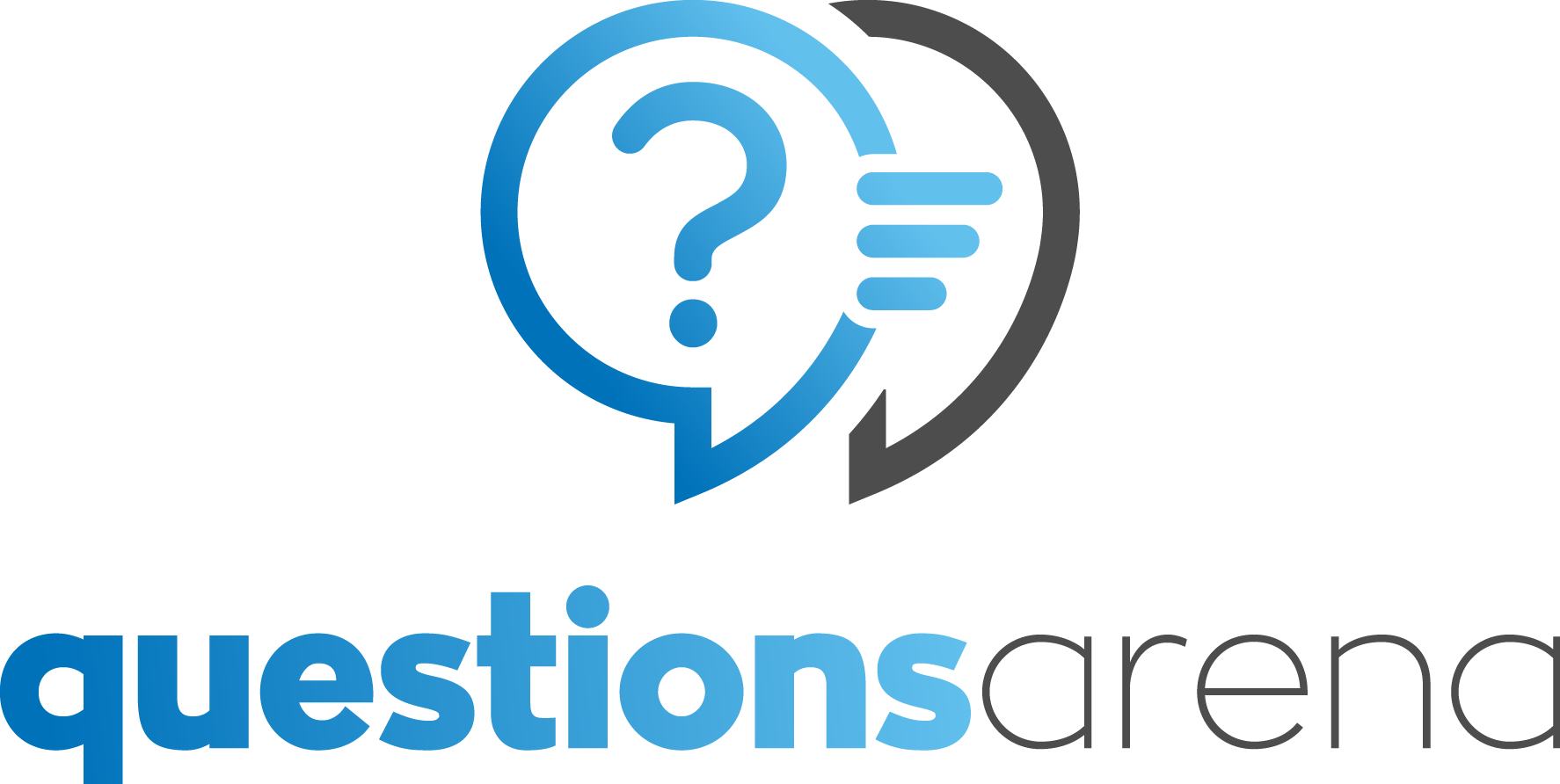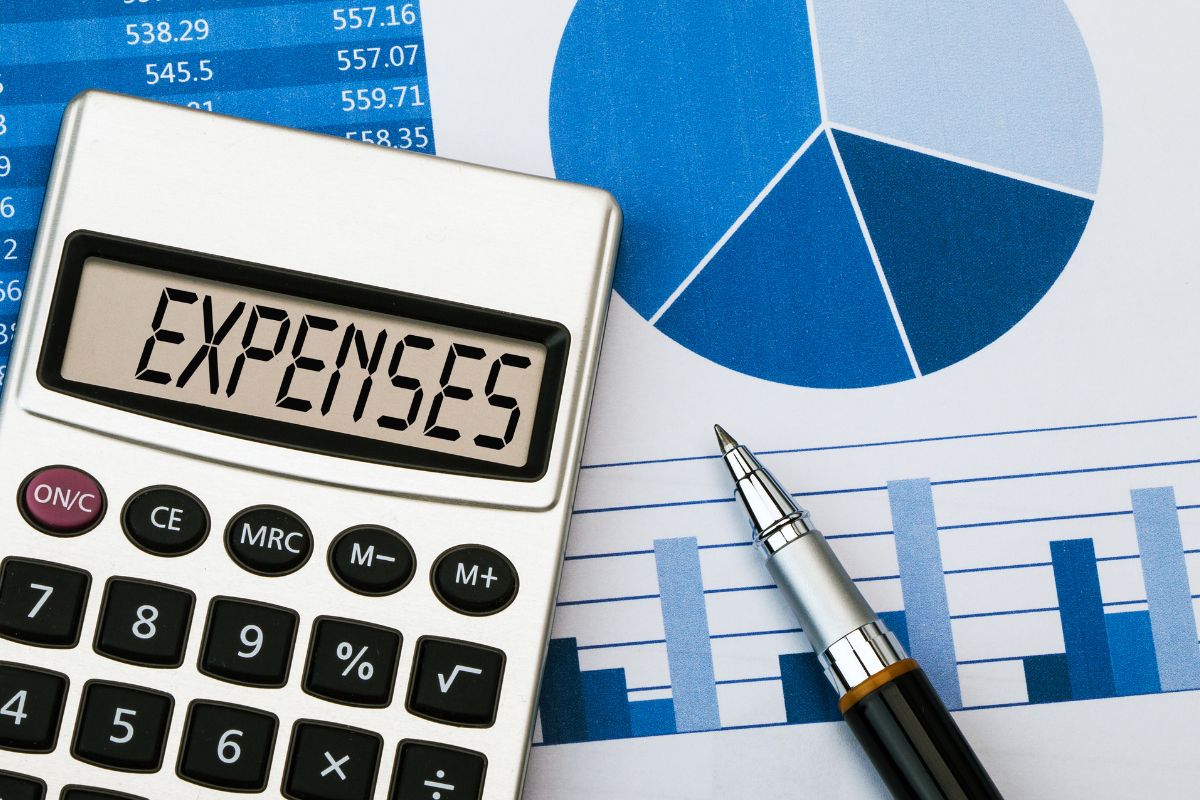When it comes to budgeting, it’s important to not only focus on the big-ticket items but also pay attention to recurring expenses. These ongoing costs can often fly under the radar but have a significant impact on your financial health. Knowing when to assess and analyze these recurring expenses is the key to making informed financial decisions.
When to review recurring expenses in the budgeting process
The timing of reviewing recurring expenses in your budgeting process is crucial. It’s recommended to integrate a periodic review into your routine. The frequency of these reviews can vary depending on your personal preference and financial situation. Some individuals may prefer a monthly review, while others may find a quarterly review more suitable.
The key is to establish a consistent schedule and stick to it. By doing so, you ensure that you don’t overlook any changes or potential savings opportunities. It also helps you maintain a proactive approach to your budgeting process, rather than a reactive one.
Benefits of reviewing recurring expenses early on
Reviewing recurring expenses early on in your budgeting process offers several benefits. Firstly, it allows you to start your budgeting journey on the right foot. By analyzing your recurring expenses from the beginning, you can set realistic expectations and allocate your funds accordingly.
Secondly, early reviews help you identify any unnecessary expenses or areas where you may be overspending. This allows you to make adjustments early, potentially saving you money throughout the year. It also prevents any surprises or financial hardships down the line.
Lastly, early reviews help you establish good financial habits. By prioritizing the analysis of recurring expenses, you develop a proactive approach to managing your finances. This mindset is essential for long-term financial success and stability.
Strategies for analyzing recurring expenses
Analyzing recurring expenses can be approached in several ways. Here are some strategies to consider:
- Categorize your expenses: Start by organizing your recurring expenses into categories such as utilities, subscriptions, loans, and groceries. This allows you to see where the majority of your money is going and identify any areas that need attention.
- Identify cost-saving opportunities: Look for opportunities to reduce or eliminate certain expenses. For example, you may find that you’re paying for services or subscriptions that you no longer use or need. Canceling these can free up extra funds in your budget.
- Negotiate bills and contracts: Don’t be afraid to negotiate with service providers or companies. Often, they are willing to offer discounts or better rates to retain customers. It’s worth exploring these options to lower your recurring expenses.
- Consider alternatives: Research alternative options for certain expenses. For example, you may find that switching to a different utility provider or using a different service can save you money without compromising quality.
- Set realistic targets: Based on your analysis, set realistic targets for each category of recurring expenses. This can help you stay focused and motivated to stick to your budget.
Tools and resources for tracking recurring expenses
Tracking recurring expenses can be made easier with the help of various tools and resources. Here are a few options to consider:
- Budgeting apps: There are numerous budgeting apps available that can help you track and manage your recurring expenses. These apps often provide features such as expense categorization, bill reminders, and spending insights.
- Spreadsheets: Using a spreadsheet program like Microsoft Excel or Google Sheets allows you to create a customized tracking system. You can set up formulas and graphs to visualize your expenses and track your progress over time.
- Online banking tools: Many banks offer online banking platforms that provide expense tracking features. These tools often categorize your transactions automatically, making it easier to monitor your recurring expenses.
- Expense trackers: Consider using dedicated expense tracking tools that allow you to input and monitor your recurring expenses. These tools often provide additional features such as budgeting templates and reports.
Adjusting the budget based on recurring expenses
Once you have analyzed your recurring expenses, it’s important to make adjustments to your budget accordingly. This involves reallocating funds, setting new saving goals, or making changes to your spending habits.
If you have identified areas where you can save money, consider reallocating those funds towards your financial goals. For example, you could increase your savings or invest in a retirement account.
Additionally, if your recurring expenses have increased or you need to accommodate new expenses, it may be necessary to cut back on discretionary spending. This can involve reducing entertainment expenses, eating out less frequently, or finding ways to save on everyday purchases.
Remember, budgeting is a dynamic process, and adjustments may need to be made regularly to reflect your changing financial circumstances.
Common recurring expenses to consider
When reviewing your recurring expenses, it’s important to consider the following common categories:
- Utilities: This includes electricity, water, gas, and internet bills. Look for opportunities to reduce consumption or switch to more cost-effective providers.
- Subscriptions: Assess your subscriptions to streaming services, music platforms, gym memberships, and other recurring subscriptions. Cancel any that are no longer necessary or bring little value.
- Loans and debts: Review your loan payments, credit card bills, and other debts. Look for opportunities to refinance or consolidate loans to reduce interest rates.
- Insurance: Evaluate your insurance policies, such as car insurance, health insurance, and homeowner’s insurance. Consider shopping around for better rates or adjusting coverage based on your current needs.
- Groceries and household expenses: Analyze your grocery bills and other household expenses. Look for ways to save on groceries by planning meals, using coupons, or buying in bulk.
Understanding recurring expenses
Recurring expenses are the regular payments that you make on a consistent basis. They can include monthly bills such as utilities, subscriptions, loan payments, insurance premiums, and even groceries. These expenses are often fixed or have a predictable range, making them relatively easy to track.
It’s essential to understand the nature of recurring expenses as they directly impact your budget. By identifying and categorizing these expenses, you can gain a clear picture of where your money is going and how it affects your overall financial situation.
Importance of reviewing recurring expenses
Regularly reviewing recurring expenses is crucial for several reasons. Firstly, it allows you to ensure that you are not overspending in any particular area. By analyzing your expenses, you can identify potential areas for cost-cutting or optimization. This can help you allocate more funds towards your savings or other financial goals.
Secondly, reviewing recurring expenses helps you detect any unnecessary or forgotten subscriptions or services. It’s easy to accumulate various monthly subscriptions over time, such as streaming services or gym memberships, that may no longer be utilized. Identifying and canceling these subscriptions can save you a significant amount of money in the long run.
Lastly, reviewing recurring expenses allows you to adapt your budget to changing circumstances. Life is dynamic, and your financial needs and priorities may evolve over time. By regularly assessing your recurring expenses, you can make adjustments to your budget to ensure that it aligns with your current financial goals and situation.
Conclusion and final thoughts on recurring expenses in the budgeting process
In conclusion, recurring expenses play a significant role in your budgeting process and overall financial health. By regularly reviewing and analyzing these expenses, you can identify areas for improvement, save money, and adapt your budget to changing circumstances.
Establishing a routine for reviewing recurring expenses is essential to stay on top of your finances. Whether you choose to review them monthly or quarterly, the key is consistency. By doing so, you can make informed financial decisions and optimize your budget for a more financially secure future.
Don’t allow hidden costs to derail your budget. Take control of your recurring expenses and pave the way for long-term financial success.

